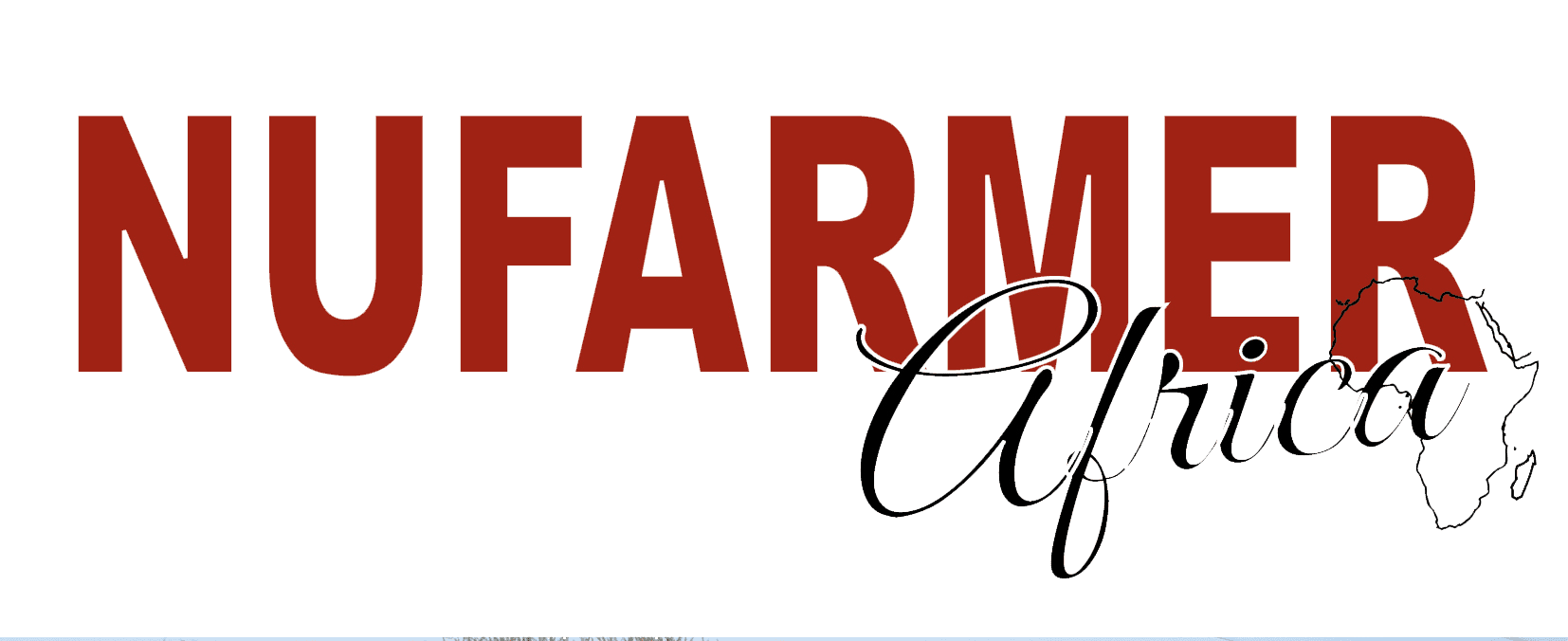WHERE IS MY HONEY?
Farming with honeybees is known as beekeeping and is an ancient type of farming. People kept bees and collected honey in ancient Egypt and some of the it found in the tombs of the Pharaohs was still edible.
Beekeeping in South Africa started with the Koi San people hunting honey and making drawings in caves. Today the farming and management of bees is associated with fruit orchards in the Western Cape. The first beekeeping association was established 1890 and the first bee course was conducted in the Western Cape.

Accredited Beekeeping courses are available all over South Africa if anybody is interested (Contact: Elize Lundall-Magnuson at lundallme@arc.agric.za) The beekeeping industry in South Africa is small, but the market for honey by consumers is so big that we are importing a lot into South Africa. Most of the honey in retail shops has been imported (clearly shown on the label).
If you are interested in buying authentic (genuine pure, local) South African honey, you need to visit farmers’ markets or buy from beekeepers in Bee collecting pollen. A way to find out who keeps bees is to contact SABIO (South Africa Beekeepers Industry Organisation, www.sabio.org.za) and phone or email members of the association closest to you. You can also contact ARC Plant Protection, Roodeplaat at info@arc.agric.za or lundallme@arc. agric.za. We will put you in contact with beekeepers all over South Africa.
How do we get honey?

Honeybees collect nectar from various flowers in your garden, in the forest from indigenous trees or from exotic trees like Eucalyptus, in fruit and nut orchards or in croplands, such as sunflower fields. Driving around in Gauteng, the NWP and Mpumalanga Province we can see a lot of flowering cosmos everywhere and the bees are working hard.
Bees collect pollen and nectar from cosmos, khakibos, blackjack and other weeds. Although bees collect seemingly from the same plants, the honey collected from Johannesburg will not taste the same as those found in Tshwane. The bees from each hive collect where they choose to collect, which results in a unique produce by every beehive.
To farmers and gardeners, cross-pollination means better quality fruit or flowers, plants etc. farmers are even willing to pay a fee per hive and the beekeeper has to transport hives to the farm, collect the delectable liquid gold for his own produce and remove the hives after the pollination period. Beehives are therefore a valuable asset to a honey producer that is a serious entrepreneur! Unfortunately, cases of stolen beehives are lately reported and a hive watch system must be put in place to keep the producers in business.
However, when all the bees from all the hives around a sunflower field only collect from the sunflowers we might find that all the honey tastes similar; like when hives are close to blue gum trees or a land of lavender. EL

